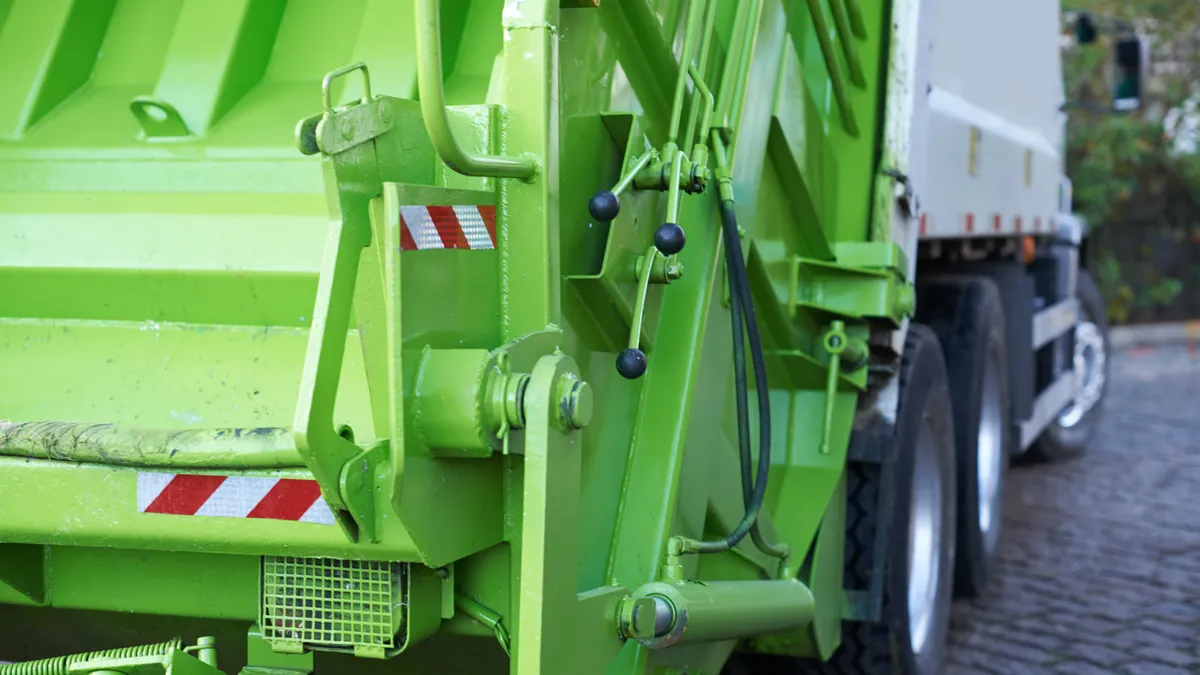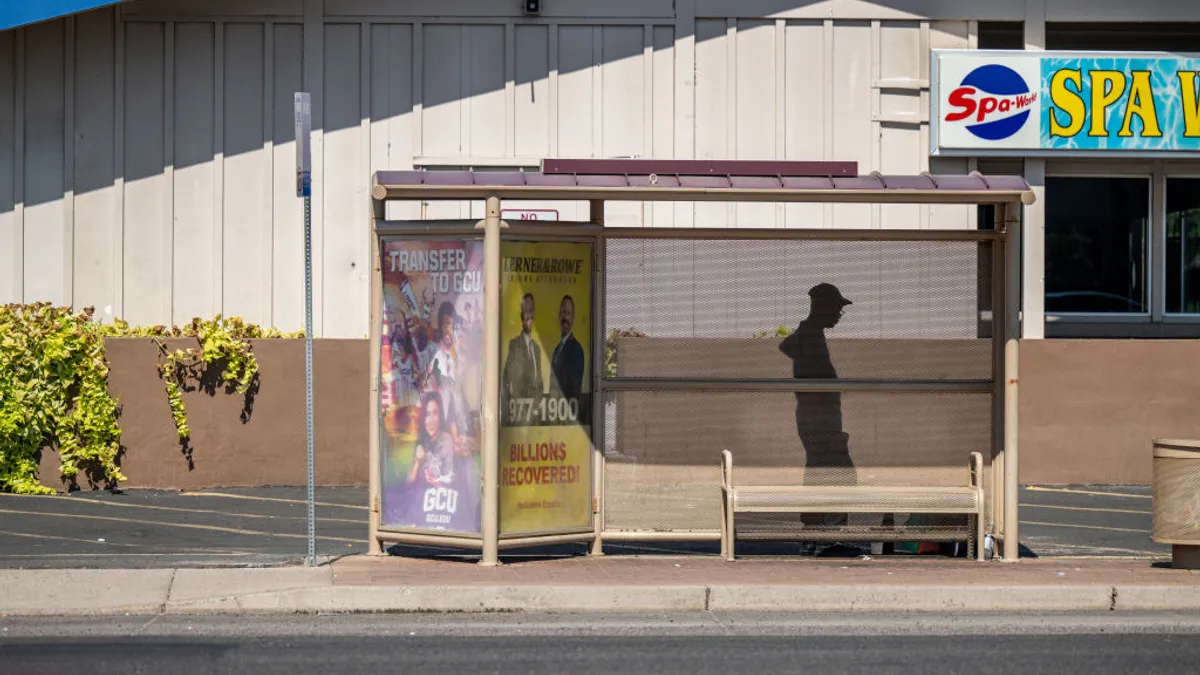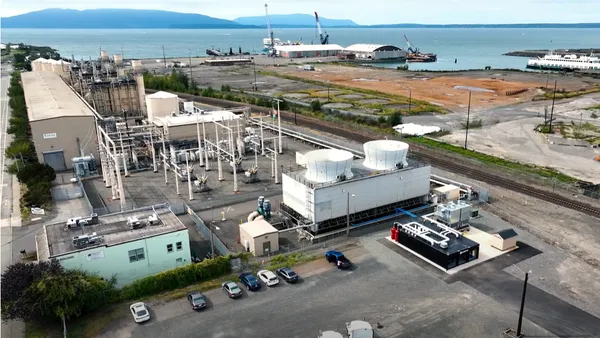Smart trash cans promise a range of benefits to the cities and facilities that use them—from better asset tracking and management to cleaner public spaces and a reduction in illegal dumping.
But the process of integrating smart trash cans into a waste management routine is not one-size-fits-all. Pilot programs are a great way to learn how smart trash cans, and the information they provide, integrate with your existing waste collection processes.
Here's what you need to know before piloting a smart trash can initiative in your community or facility:
Determine Trash Can Placement
Before beginning a smart trash can pilot, you'll want to identify the best locations for your bins. If your city regularly hosts large concerts or sporting events, consider placing smart receptacles in and around the facility to take the guesswork out of how quickly trash accumulates.
Include spots with less-predictable waste behavior patterns, too, such as local parks and area malls. For instance, cans in a downtown green space may only need emptying once a week rather than every other day.
Monitor Key Variables and Analyze Results
Gathering the right data is key to a successful pilot. Important factors to track include the frequency of container fill levels, number of pickups within a set time period, overflow counts, and the number of miles driven on routes.
The duration of the pilot depends on several factors, including the complexity and goals of the project. A pilot is generally a first step to a full waste project that provides continually optimized waste services in the face of unpredictable waste patterns, so it's important to spend time considering the right variables from the start.
With the pilot underway, municipalities and organizations can use the data to determine what changes to make. That could include learning whether it's possible to reduce the number of pickups, cut down on overflowing trash cans, or relocate cans to better match demand.
Integrating the system with existing waste-management operational tools can help with data-sharing and analysis. Being more data-informed can also enable waste-management teams to track public feedback and perceptions of their work, during and after the pilot.
Educate Internal Stakeholders About the Technology
Inform immediate stakeholders about the pilot's objectives, the technology being used, the potential return on investment, and how to benchmark the program's success.
Providing data on successful smart waste pilot programs could help communicate the potential benefits. The University of Idaho's recent waste project with Danish sensor maker Nordsense yielded a 50% reduction in working hours and fuel consumption for the waste collection team.
For a large rollout with numerous stakeholders, consider holding a workshop to familiarize them with the capabilities of the solution.
Communicate Smart Trash Can Use to the Broader Community
Teaching end-users about the sensing technology is important to gaining their buy-in for future investment. Emphasize the environmental and aesthetic advantages, such as reduced CO2 emissions from streamlined waste management operations and the cleaner facilities that result.
Consider using social media posts, press releases, and interviews with local news sources to share these benefits.
How TrashTalk™ Can Help
Taking a data-driven approach to waste management has proven benefits. Global Industrial's new TrashTalk™ smart trash cans incorporate Nordsense technology to help communities, educational institutions, and businesses make that shift and see the results.
Here's how it works: TrashTalk™ combines a Global Industrial waste receptacle with an easy-to-install optical laser sensor from Nordsense, empowering teams to remotely and wirelessly monitor trash levels and optimize pickups. The sensor measures 16 data points within the container to provide a detailed topography of the waste's surface at 15-minute intervals.
The system can integrate with existing waste management software via an application programming interface, maximizing data-sharing and analysis.
Learn more about how TrashTalk™ can help improve your organization's waste management processes by contacting Global Industrial's product experts.










